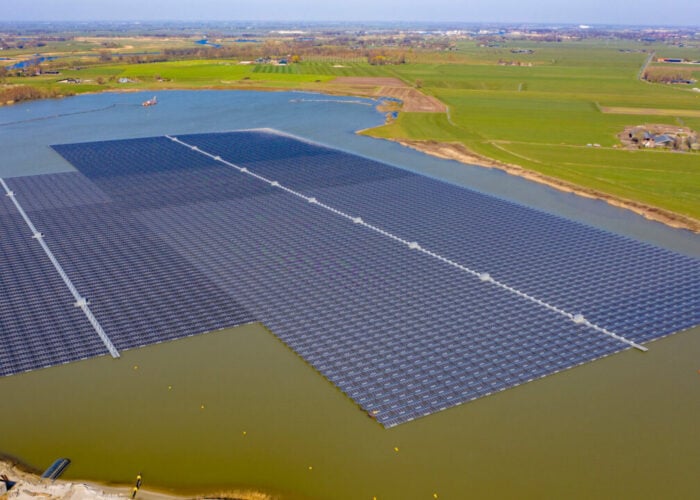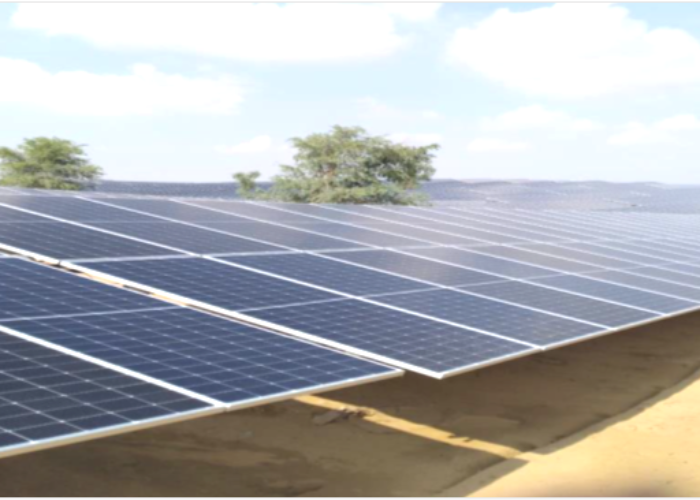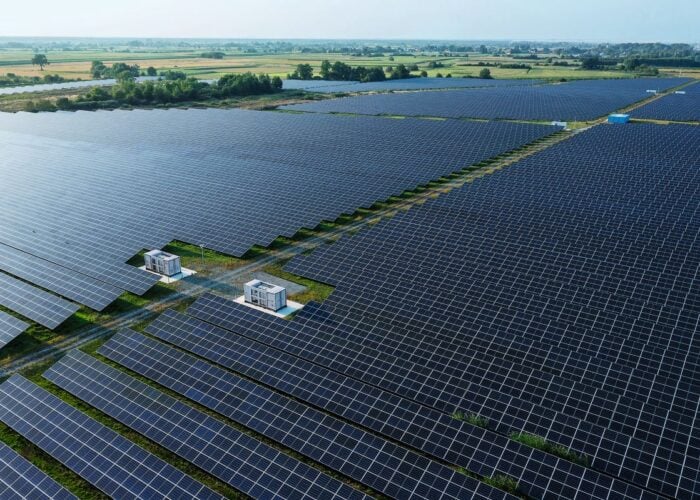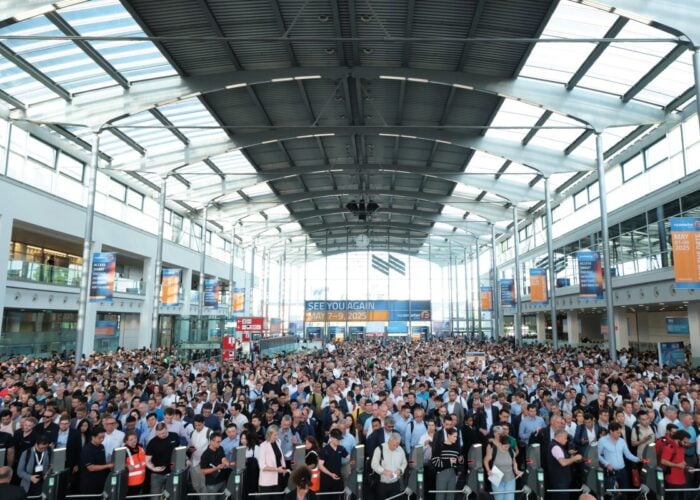
Swiss Utility BKW Energie AG has signed a power purchase agreement with food and beverage company Nestlé in Germany.
Nestlé Germany will procure electricity from BKW’s solar PV plants from July onwards though the total capacity of the agreement was not detailed. Its production sites in Hamburg, Neuss and Biessenhofen will be entirely powered by renewables moving forward.
Unlock unlimited access for 12 whole months of distinctive global analysis
Photovoltaics International is now included.
- Regular insight and analysis of the industry’s biggest developments
- In-depth interviews with the industry’s leading figures
- Unlimited digital access to the PV Tech Power journal catalogue
- Unlimited digital access to the Photovoltaics International journal catalogue
- Access to more than 1,000 technical papers
- Discounts on Solar Media’s portfolio of events, in-person and virtual
Or continue reading this article for free
Nestlé Germany has signed PPAs with BKW and other energy suppliers to procure 80GWh of electricity annually from German wind power and solar PV systems by the end of 2026. Currently, the annual energy requirement of the German Nestlé sites is around 113GWh. With the new measures, Nestlé Germany will increase the proportion of electricity generated directly from renewables to around 70%.
Jörg Schmitt, environment and sustainability manager for Nestlé’s German production sites, said that the company’s goal is to “increase electrification through the use of industrial heat pumps and the associated reduction in fossil fuels”.
“It is important to us that we use electricity from renewable energies at our sites, which comes from German solar PV systems and wind farms,” he said.
Meanwhile in Germany, it generated more power from renewable energy sources in the first half of 2024 than at any other time in its history, according to a report from the Fraunhofer Institute for Solar Energy Systems (ISE).
Solar PV generated 32.4TWh over the period, a 15% increase from the same period in 2023. Wind generation led the pack “by far” with 73.4TWh, Fraunhofer said, constituting 34.1% of the total net public electricity generation. In total – including hydropower and biomass as well as solar and wind – renewable sources generated 140TWh of power, a “new record”.







